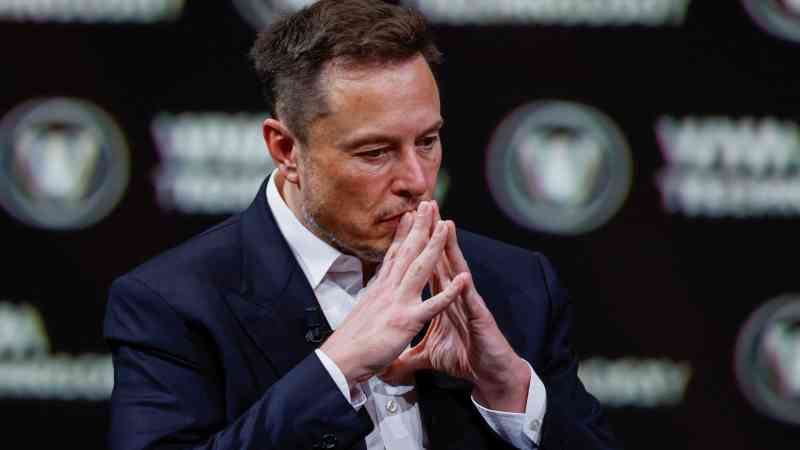Could my executors pay inheritance tax without probate?
Q. I am simplifying matters for the executors of my estate for when the time comes. Can you please explain how the Direct Payment Scheme for settling inheritance tax (IHT) without probate works.
Specifically, do all banks and building societies have to release funds to HM Revenue & Customs, before probate, when they receive the relevant IHT423 form? Or can some banks opt out?
If so, is there a list of deposit takers that do participate? Are cash Isas included under the scheme? What about investments held by fund managers?Dennis, 73, London
When a person dies, responsibility for their estate is passed to their chosen personal representative, otherwise known as an executor or administrator. It can be a complex process and there are two key elements of administering an estate.
They need to pay any IHT liability, which is due by the end of the sixth month after a death. Interest at a rate of 7.75 per cent and penalties may apply if IHT is paid late.
The executor will also need to obtain the legal right to deal with the deceased’s affairs, commonly called probate, so that assets may be sold, liabilities discharged and legacies distributed to beneficiaries.
• How to reduce inheritance tax: gifts, pensions and the 7-year rule• Are gifts subject to inheritance tax?
Personal representatives are generally required to pay the entire IHT bill to HMRC before they are granted probate, (confirmation in Scotland), despite the fact that they may be unable to access much of the value from the estate until they get the legal right to do so, for example, to sell a home. This can cause serious problems for families.
They may, however, be able to use the Direct Payment Scheme to settle an IHT bill. This allows IHT to be paid directly from the deceased’s bank, building society, or National Savings and Investments (NS&I) accounts to HMRC, as long as the accounts are in the deceased’s sole name. These accounts may otherwise be frozen until the grant of probate or confirmation is issued.
The scheme was agreed between HMRC and two banking trade bodies — the British Bankers’ Association (now part of the trade body UK Finance) and the Building Societies Association. So, while not all banks and building societies may be part of the scheme, it is likely that those which are members of these associations will be.
Each will have their own process for acknowledging executors or administrators. They will need the estate’s IHT payment reference number and a completed form IHT423, which is used to pay IHT by transferring money from the deceased’s bank accounts. This form should be issued when the IHT400 — used when IHT is due and you need to tell the tax authority that you require probate — is sent to HMRC.
If you are concerned as to whether your bank accounts may be used in the scheme, including Isa accounts, I would suggest that you contact the companies to confirm their position. You should also check what other information they may need from personal representatives to process a payment under the scheme and avoid any hiccups in your absence.
Investment advisers may be able to sell investments to make a direct payment of IHT to HMRC, although they will require instruction from the personal representatives. Again, you may wish to check with your investment adviser exactly what they will need and if it can be done without probate.
Personal representatives should be aware that selling investments to raise cash to pay IHT may have capital gains tax implications, so should be considered carefully before assets in the estate are sold.
Kate is a private client tax partner at the accountancy firm RSM UK. She advises on capital gains tax, inheritance tax, succession planning, investment structuring and tax residency.




Post Comment